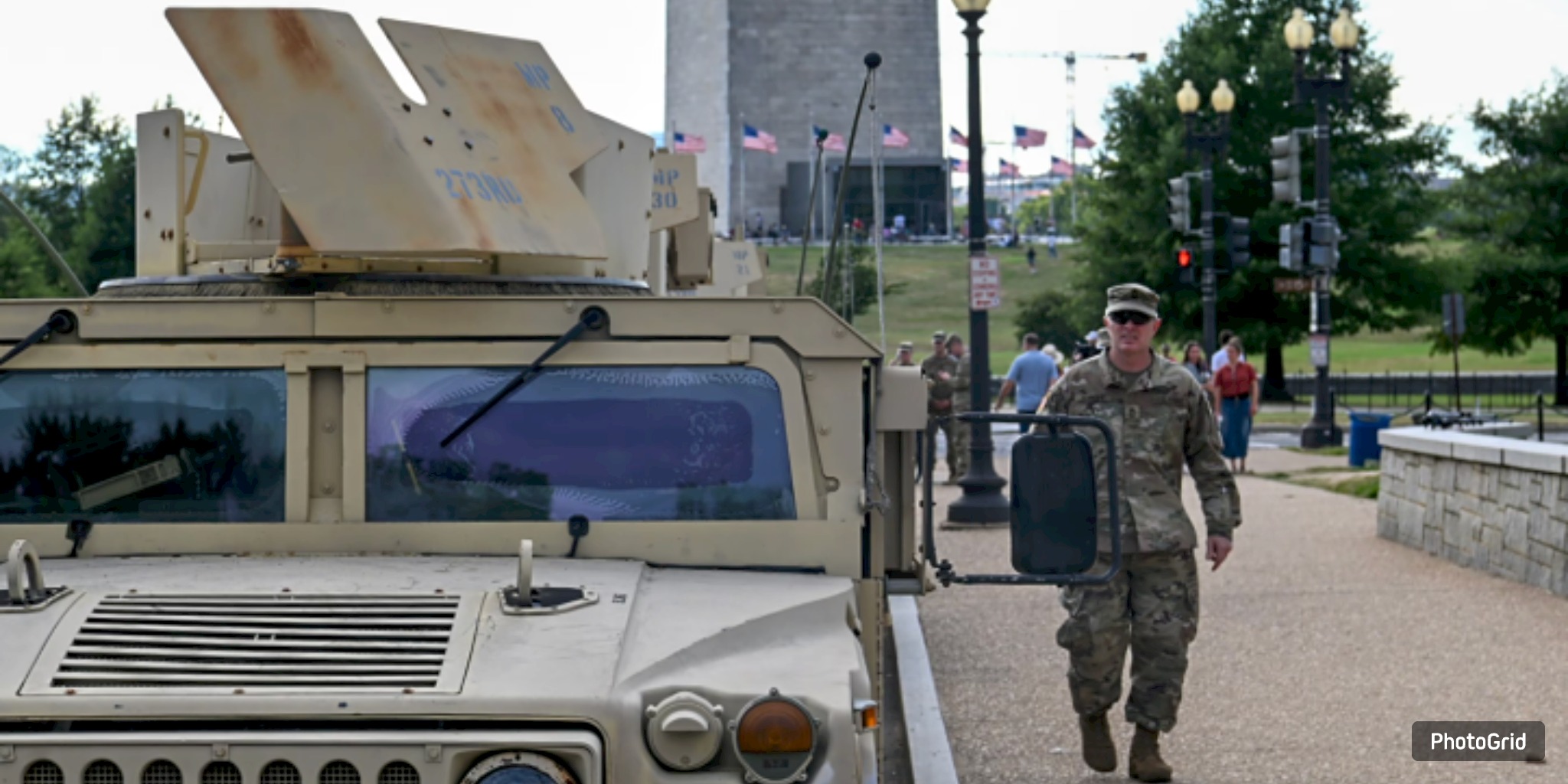


On Monday, President Donald Trump activated emergency powers to federalize the Metropolitan Police Department in Washington, D.C. He sent approximately 800 National Guard troops throughout the city, highlighting an immediate necessity to address crime.
Trump has called upon Section 740 of the District of Columbia Home Rule Act, which allows the federal government to take temporary control of local law enforcement. Attorney General Pam Bondi will take charge of the department, steering law enforcement initiatives instead of the city's leadership.
Alongside the Guard, Trump deployed almost 500 federal agents from various agencies, including FEMA, FBI, DEA, ATF, ICE, and U.S. Marshals, to support patrols and enhance public safety efforts. Authorities announced that Guard soldiers will assist with logistical and administrative duties, with a deployment of 100 to 200 personnel at any given time.
The groundbreaking decision has triggered swift legal disputes. D.C. Attorney General Brian Schwalb has initiated legal action, describing the takeover as a "hostile and unconstitutional overreach." Mayor Muriel Bowser and local officials have expressed strong disapproval of the initiative, highlighting statistics that indicate a decrease in violent crime within the city this year.
A federal judge has stepped in, maintaining Chief Pamela Smith’s leadership during ongoing discussions with the administration. In a court-mediated agreement, Bondi’s appointee has taken on the role of federal liaison instead of police commissioner, allowing local authorities to maintain significant control over the chain of command.
Nonetheless, the implementation has sparked considerable apprehension regarding individual rights and local governance. The District of Columbia stands out among American regions because of its designation under the Home Rule Act, permitting restricted federal intervention during emergencies. However, detractors contend that a genuine crisis is not present.
Trump brushed aside these worries, labeling the city as unsafe and pledging to prolong the federal emergency if needed. Experts in constitutional law emphasize that extending the period beyond 30 days would necessitate explicit approval from Congress.
As discussions intensify, residents and officials in D.C. are seeking clear answers regarding policing authority and the potential effects on federal oversight in other urban areas.
















From breaking news to thought-provoking opinion pieces, our newsletter keeps you informed and engaged with what matters most. Subscribe today and join our community of readers staying ahead of the curve.